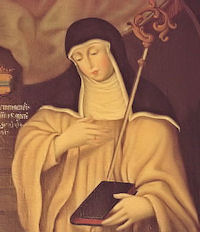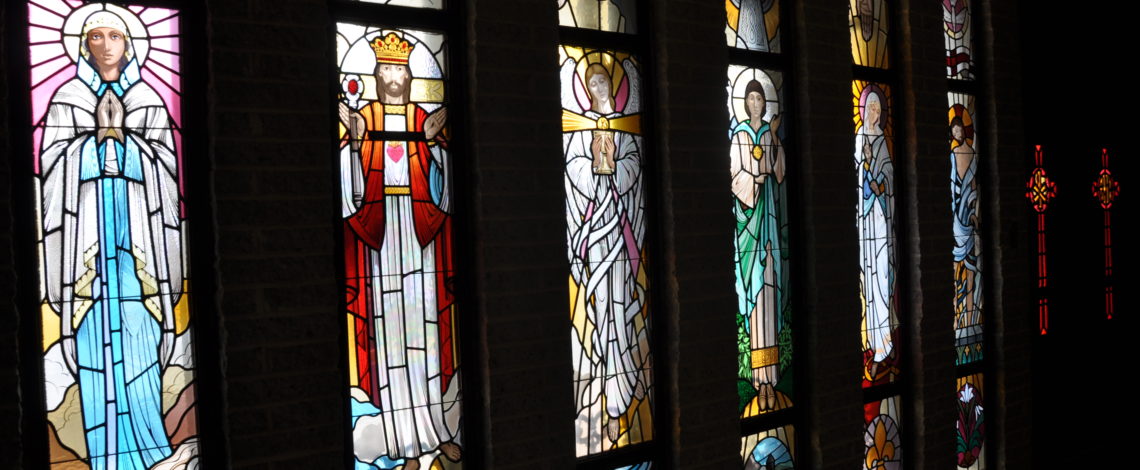

Mozart's version, with instruments only, was adapted by Pyotr Ilyich Tchaikovsky as one of the sections of his Mozartiana, a tribute to Mozart. The composer wrote a different "Ave verum corpus" in 1952. The chant is included Poulenc's opera Dialogues of the Carmelites. There is also a version for organ with the title Evocation à la Chapelle Sixtine. Versions of this fantasy for orchestra and piano four-hands follow closely the second version for piano.

Liszt also composed a fantasy on Mozart's work, preceded by a version of Allegri's celebrated Miserere, under the title À la Chapelle Sixtine. There is a version by Franz Liszt, and also ones by Camille Saint-Saëns, Orlande de Lassus, Imant Raminsh, Alexandre Guilmant, William Mathias, Colin Mawby, Malcolm Archer and Jack Gibbons. Marc-Antoine Charpentier composed three versions: H.233, H.266, H.329. For example, Mozart's setting finishes with "in mortis examine", Elgar's with "fili Mariae". 618), as well as settings by William Byrd and Sir Edward Elgar. Musical settings include Mozart's motet Ave verum corpus ( K. ^ Other versions have mortis in examine.^ Other versions have unda fluxit et sanguine or unda fluxit sanguine or vero fluxit sanguine.^ Other versions have ex Maria Virgine.


 0 kommentar(er)
0 kommentar(er)
